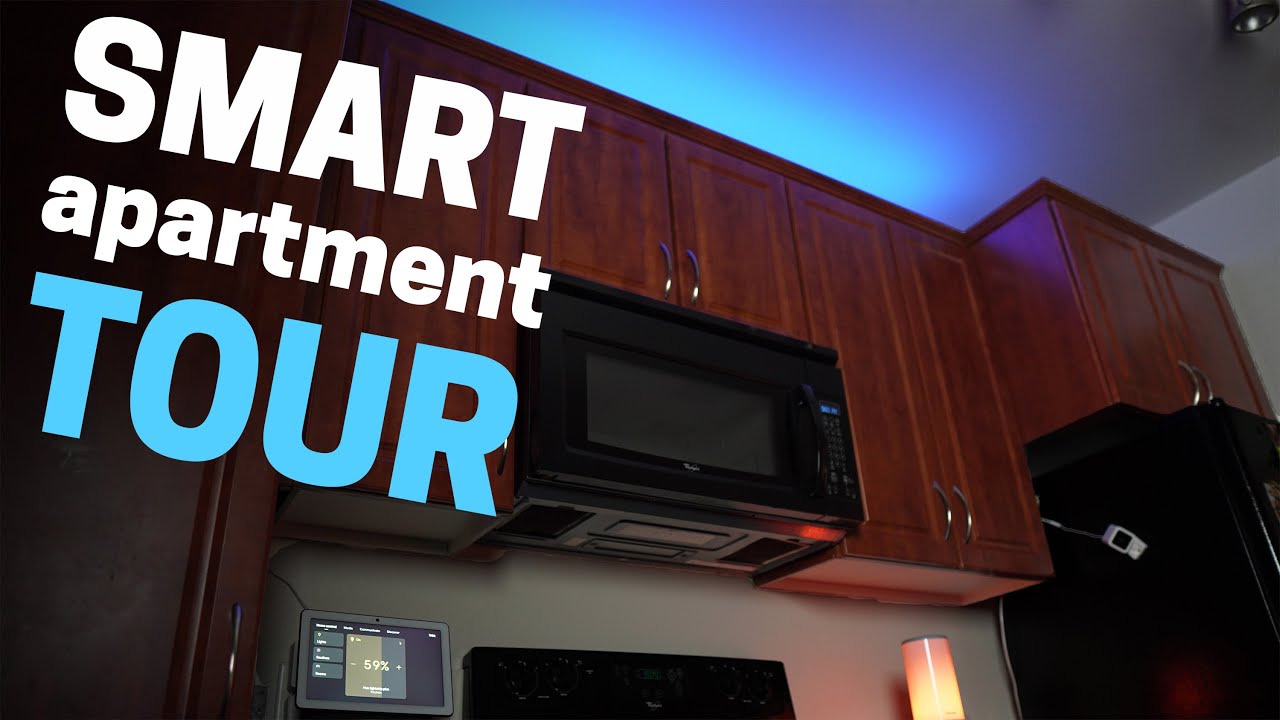Hi all,
I’m buying a flat and the construction started a few months ago. I would like to take the opportunity that is given to make as many things smart as possible, nothing too complicated, such as lights, switches, wallplug, blinds, garage door, doorlock, heater, etc…
Of course I can go through those smarthome companies that install everything. It seems usually they go through wired systems using KNX, but this is very expensive and I have the feeling this is not so flexible should I want to change or update things. Therefore I would like to avoid this solution, if possible.
As so many devices are already smart, I believe I would rather go for a wireless solution, and manage them through Home Assistant for example.
Now, this is for me not very clear how to proceed. As I’ll go mostly wireless and I believe the only things that I should need external help for (or maybe not?) would be to adapt the wallplugs and switches that can be upgraded with the help of an electrician, if I ask the General Contractor for those adaptations, first they will buy the material at the most expensive price + take their cut, and I’m not sure if I will be able to have total freedom in devices/services providers I would want.
Therefore, if I can “prepare” the flat with some things that could be good to be done straight forward during the construction, and finish by myself or with the contractor and brand of my choice, I would go for that. For instance, I have read that I should ask to have big spaces behind all switches and wallplug should I want to insert any modules to make them smart.
For the blinds and garage door, I know they will be all electric but they will be basic with just a remote control/switches and not smart, so I might just ask to go for the upgraded smart version to make things simpler.
Am I having the wrong mindset by trying to avoid the GC/Smarthome companies as much as possible, or this is maybe easier to do most of the things directly with them for warranty/responsibility reasons even though a bit more expensive?
Do you have any experience or advice to share on the topic? Any additional smart things that you would recommend?
